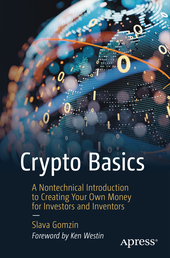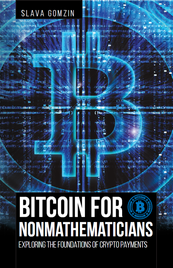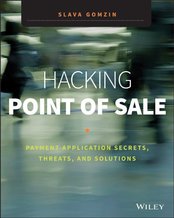There are steps you can take to protect yourself -- but you'll have to do more than set your browser to private mode.
|
Federal regulations designed to give you more control over your web browsing history and other personal information may soon be eliminated.
There are steps you can take to protect yourself -- but you'll have to do more than set your browser to private mode.
0 Comments
Police in Israel are recommending that the state attorney’s office indict and prosecute two 18-year-olds suspected of operating vDOS, until recently the most popular attack service for knocking Web sites offline.
NIST draft publication 800-63B changes the password and MFA rules. I am very excited about these long awaited and very progressive changes. I think those changes will improve overall security of authentication while removing unnecessary burden (periodic password changes!) from IT/security personnel.
Key changes: - No requirement to periodically change passwords. - Mandatory validation of newly created password against special list of commonly-used, expected, or compromised passwords. - No requirement to impose password complexity rules (like combination of letters, numbers, and special characters). - Email is not allowed to be used as 2nd authentication factor in multi factor authentication. - Voice and SMS are "discouraged" and will be disallowed as 2nd authentication factor. Here are some excerpts from the draft: When processing requests to establish and change memorized secrets, verifiers SHALL compare the prospective secrets against a list that contains values known to be commonly-used, expected, or compromised. For example, the list MAY include (but is not limited to):
Verifiers SHOULD NOT impose other composition rules (e.g., mixtures of different character types) on memorized secrets. Verifiers SHOULD NOT require memorized secrets to be changed arbitrarily (e.g., periodically) and SHOULD only require a change if the subscriber requests a change or there is evidence of compromise of the authenticator. Methods that do not prove possession of a specific device, such as voice-over-IP (VOIP) or email, SHALL NOT be used for out-of-band authentication. Out-of-band authentication using the PSTN (SMS or voice) is discouraged and is being considered for removal in future editions of this guideline. |
Books
 Crypto Basics Crypto Basics
 Bitcoin for Nonmathematicians: Exploring the Foundations of Crypto Payments Bitcoin for Nonmathematicians: Exploring the Foundations of Crypto Payments
 Hacking Point of Sale: Payment Application Secrets, Threats, and Solutions Hacking Point of Sale: Payment Application Secrets, Threats, and Solutions
Recent Posts
Categories
All
Archives
March 2023
|




 RSS Feed
RSS Feed
